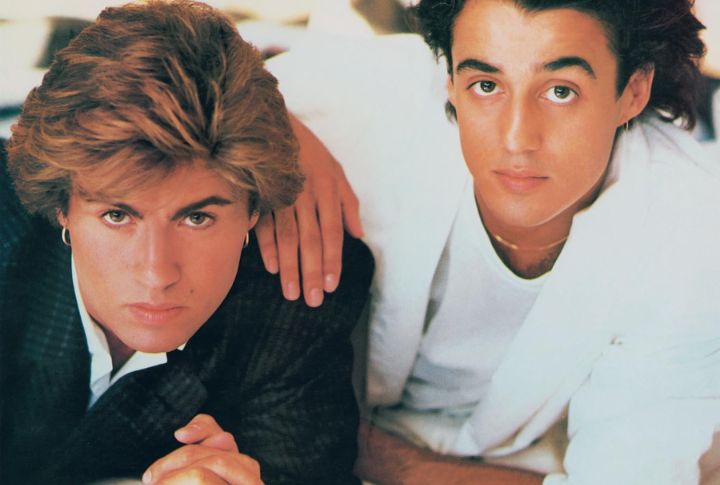
The ‘80s delivered some of pop music’s biggest hits with songs that dominated radio and public spaces for years. However, even massive success has its limits. This list looks back at the tracks which, through sheer repetition and cultural saturation, crossed the line from beloved anthems to tunes listeners eventually grew tired of.
“We Built This City,” Starship

Despite being a chart-topper in 1985, “We Built This City” quickly drew ire for its robotic production and perplexing lyrics. Because of this, the Blender magazine famously named it the “Worst Song of All Time.” Its overplay on FM radio only amplified the backlash, and band members later voiced embarrassment in interviews.
“Wake Me Up Before You Go-Go,” Wham!
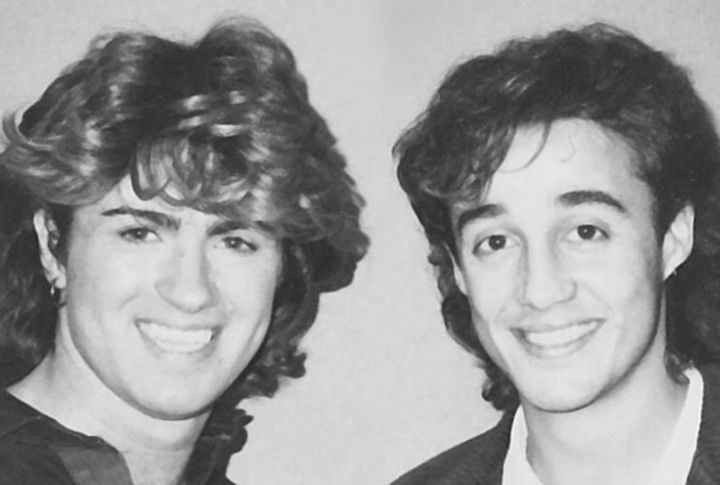
This song shot Wham! to global fame, dominating the charts with its infectious energy. The neon-drenched video and cheerful pop hooks became very popular. But the relentless repetition led to burnout, and its candy-coated sound soon became a frequent parody target. All of this left fans craving something new.
“Eye Of The Tiger,” Survivor
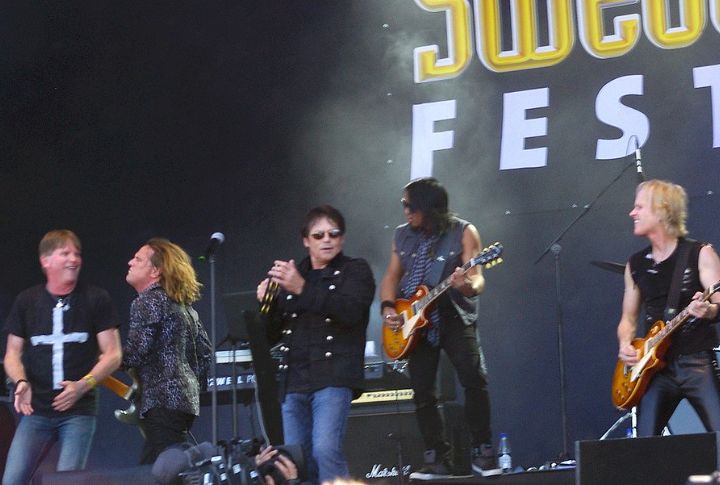
With a muscular guitar riff and pounding rhythm, “Eye of the Tiger” emerged as the go-to soundtrack for motivation. Developed for the film, “Rocky III,” it stuck in gym playlists and sports arenas. Over the years, licensing issues and overuse made the anthem feel more exhausting than energizing for many listeners.
“Physical,” Olivia Newton-John
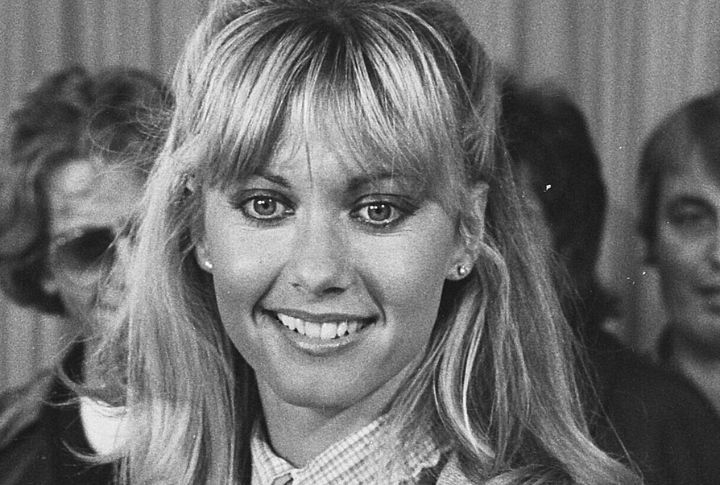
Dismissed as overplayed and cliched, Olivia Newton-John’s “Physical” was once a bold pop statement. Its provocative lyrics and aerobics-themed video sparked widespread controversy, even drawing bans from some networks. In 1981, the song reigned at number one for ten weeks, all while saturating broadcasts and workout tapes in the process.
“I Just Called To Say I Love You,” Stevie Wonder
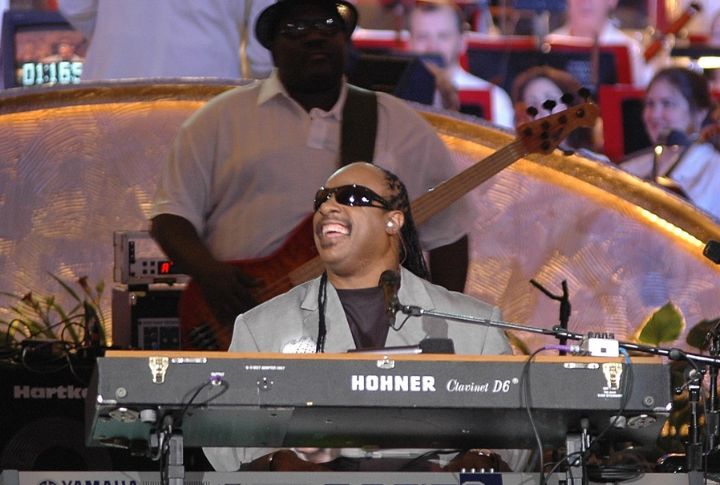
Stevie Wonder’s “I Just Called to Say I Love You” topped the charts in 19 countries, although its simplistic tune drew mixed reviews. Adult contemporary radio wore it out, and its mall-friendly sound evolved into a punchline. Despite the Oscar, many people felt it didn’t measure up to Wonder’s earlier classic hits.
“Karma Chameleon,” Culture Club
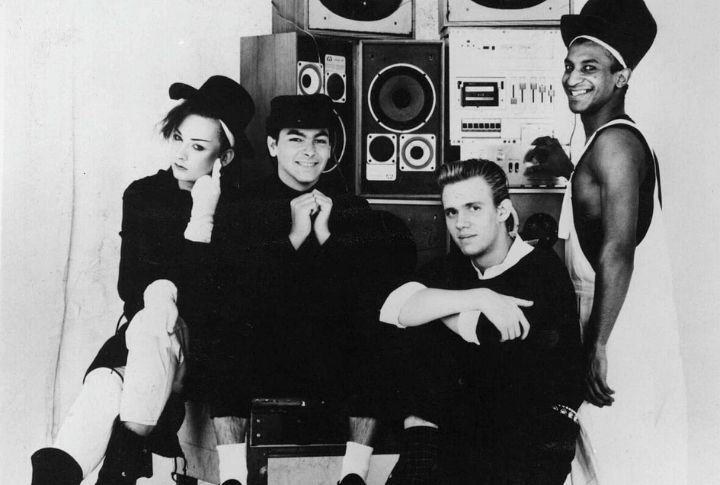
The song’s lyrical ambiguity and constant repetition wore on listeners. But what eventually became difficult to bear was initially impossible to ignore. The catchy chorus of “Karma Chameleon” dominated the media. In 1984, its jaunty harmonica and vibrant style launched the song and Boy George to global stardom.
“Jessie’s Girl,” Rick Springfield
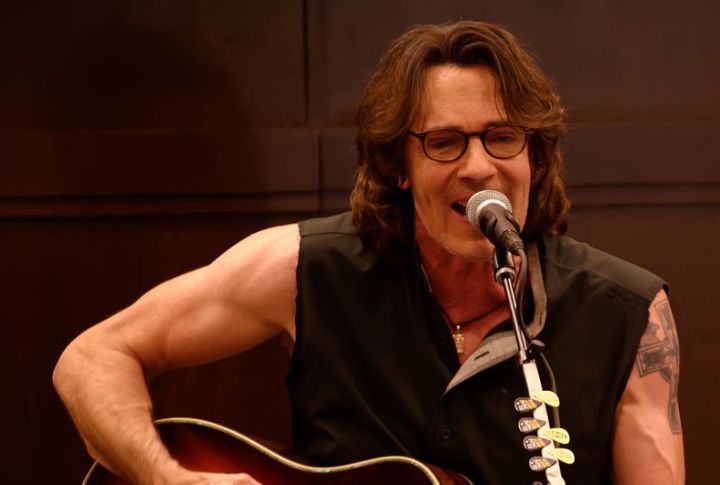
When it was first released in 1981, “Jessie’s Girl” struck a chord among listeners and rose to number one, thanks to its lyrics about jealous longing. After some time, endless media broadcasts and the singer’s daytime TV fame led to saturation. The formerly edgy energy softened into parody and nostalgic eye rolls.
“Take On Me,” A-Ha

Once a karaoke staple sung slightly off-key everywhere, “Take On Me” lost its shine over time because of its high-pitched chorus and constant replays. When you look back at 1985, the song’s soaring falsetto and iconic animated video earned massive acclaim on MTV, winning six music awards!
“Mickey,” Toni Basil

Cheerleading chants were never the same after “Mickey” exploded onto the charts in 1982. Toni Basil’s punchy performance and catchy chorus turned it into an MTV-era phenomenon. However, heavy radio play eventually grew tiresome, even as Basil’s age-defying appearance drew attention.
“Maniac,” Michael Sembello
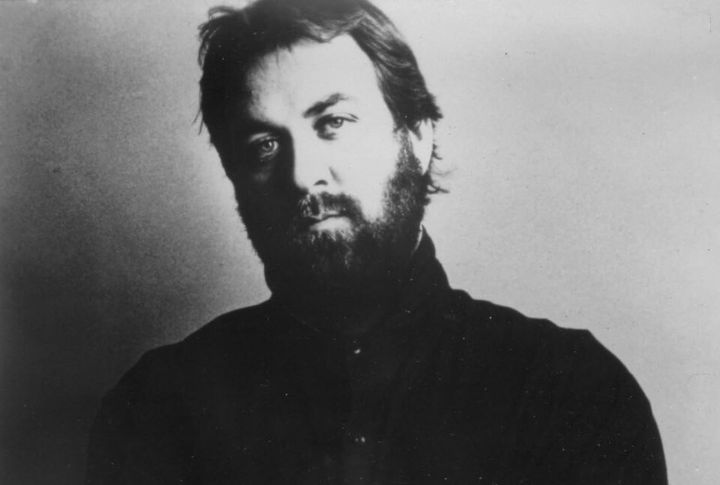
Often used in spoofs and workout scenes, “Maniac” became cringey over time, leaving little room for fresh appreciation. Originally a joke about a horror film, its fast beat and synth sound made it a perfect fit for “Flashdance”. It took off quickly, spending two weeks at number one in 1983.
